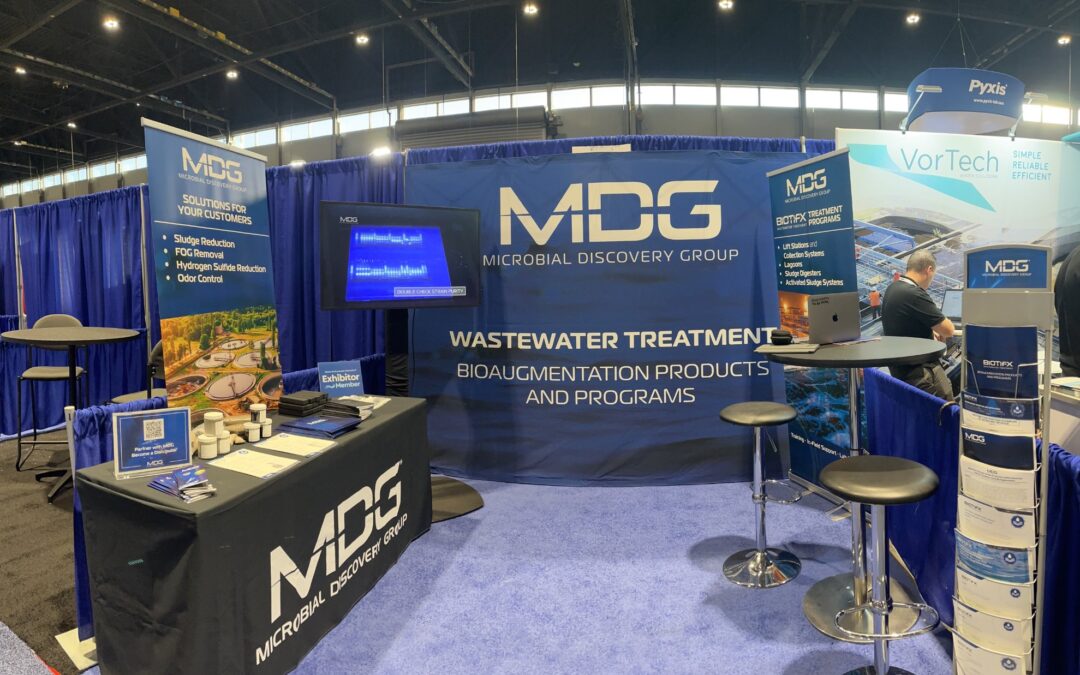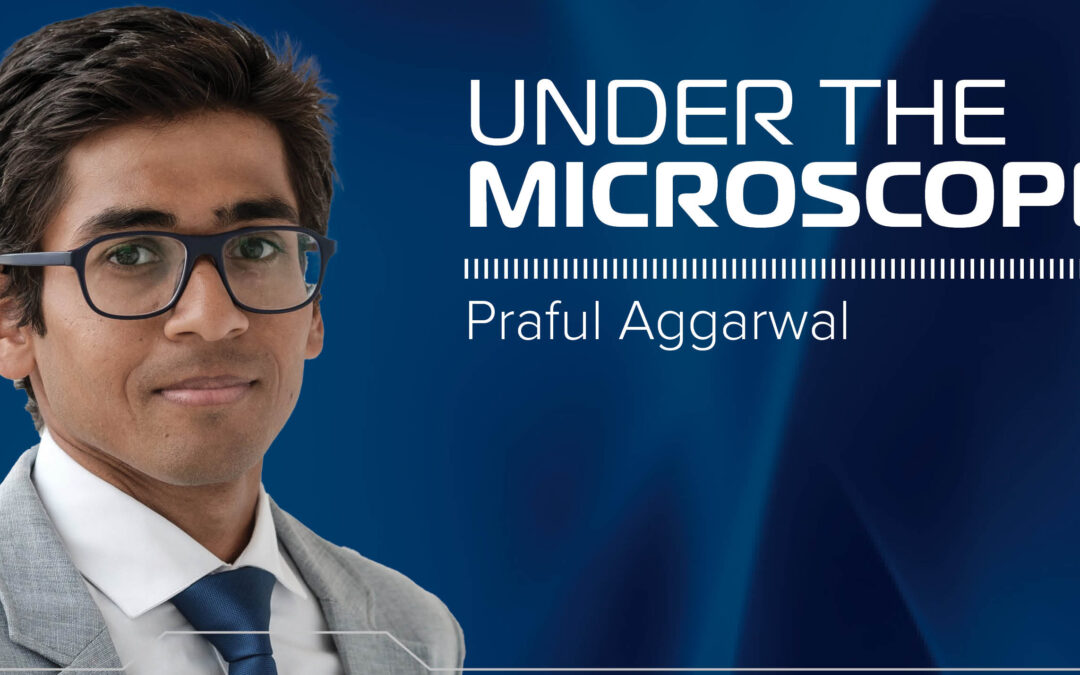Typically, one of the first questions a contract fermentation customer will ask us is how quickly we can get them to economical commercial production. From our years of experience, we commonly find that if the customer can get 2 Billion CFU/ml (2B) in a standard media such as Trypticase Soy Broth (TSB) or Nutrient Broth (NB), we tend to be able to get them to commercial production in 8-12 weeks.
However, if the customer is in the 107 or 108 CFU/ml range in this quick test, we know we have a good amount of work ahead of us and it may take a while. Mind you, we have brought many strains with lower than “2B” CFU/ml yield to a point of economic feasibility, but you can bet it increases the production timeline quite a bit. Now, we know the last thing a customer wants to hear is that production yields may delay or even prevent commercialization all together. In order to prevent this, we highly recommend adding a simple 2B TSB screen into your earlier processes.
Planning Ahead
Right now, many scientists are trying to find the perfect strain for their application. They will spend months if not years screening their Bacillus libraries seeking desired attributes such as anti-fungal activity, plant growth promotion properties, hydrocarbon degradation or enzyme production properties. Once they find this wonder strain, the temptation is to immediately run to field trials or begin the arduous patenting process, both of which can take years to complete.
While you may be excited to run with your new proprietary strain, we urge you to take a precautionary step by performing an additional assay or 2B TSB screen when choosing between your library strains. We have seen many cases with customer strain candidates, where a scientist had invested 5-7 years of lab and fieldwork, only to find out in the end, economical production was not going to happen with us or other contract manufacturers. At the end of the day, some strains just do not want to scale up to some of these higher concentrations.
By adding this important test within your library strain selection processes, you could find that you may be better off choosing the strain with maybe 90-95% of the antifungal producing attribute compared to your best strain. That is if it also performs well during the 2B fermentation quick screen.
2B TSB Screen
When implementing this test, we would suggest taking a simple laboratory media such as Trypticase Soy Broth or Nutrient Broth and screen your top strains for the ability to achieve 2 Billion CFU/ml of spores in 48-72 hrs of aerobic growth (200-250 rpm shaking in a baffled flask). If you can achieve that number, you are in luck. You will likely move very quickly to an organism yielding 12-15 Billion CFU/ml with a chance of 20-30 Billion CFU/ml in the commercial fermenter. This will translate to 4×1011 to 2×1012 CFU/gram of freeze or spray dried powder in 8-12 weeks.
Before You Go to the Field, Check the Fermentation Yield
In summary, we know the pain of having invested so much time into your favorite strain only to find out that production yield will delay or prevent commercialization. Once you have gone deep into field trials or patenting, it is so hard to turn back. Therefore, our advice is to add this screen way back during the library development stage. Do yourself a favor, take the extra couple of weeks to test your strains for economic viability. You will win in the end if you test for “2B or not 2B”.
About the Author:

Dr. King received both his Bachelor of Animal Science and Masters of Food Science Microbiology degrees from Oklahoma State University, followed by a PhD in Food Science Microbiology from the University of Illinois. Prior to founding Microbial Discovery Group, Michael held research and leadership positions within Nalco Chemical Company, Semco Bioscience and Agtech Products. With 25+ years of experience in microbial biosciences, Michael is committed to the continued exploration and advancement of biological solutions that leave the planet in a better place for generations to come.









